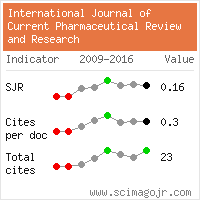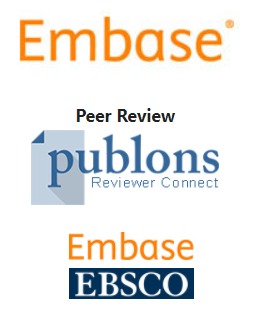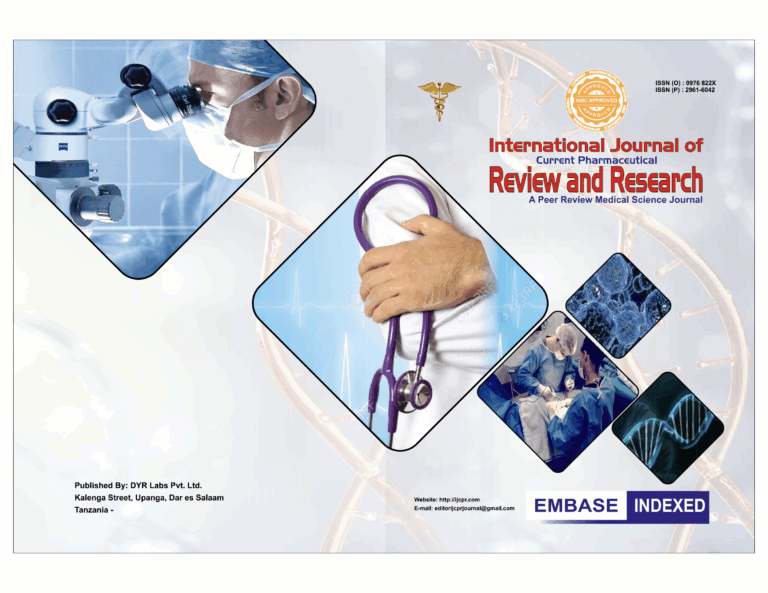Background: Perinatal mental health disorders, including antenatal depression and anxiety, remain underdiagnosed in India despite significant prevalence and associated maternal-fetal risks. Validated screening tools such as the Edinburgh Postnatal Depression Scale (EPDS) and Generalized Anxiety Disorder-7 (GAD-7) offer a scalable means for early detection and risk stratification.
Objectives: To evaluate the performance of EPDS and GAD-7 in identifying antenatal depression and anxiety and to assess their utility in risk stratification among pregnant women in a tertiary care setting.
Methods: This cross-sectional study was conducted at Maharaja Agrasen Medical College in 2019. A total of 280 pregnant women in their second and third trimesters were screened using EPDS and GAD-7. Diagnostic performance metrics (sensitivity, specificity, AUC) were computed, and participants were categorized into low, moderate, and high-risk groups based on combined scores.
Results: The prevalence of antenatal depression (EPDS ≥13) was 22.1%, while 19.6% screened positive for anxiety (GAD-7 ≥10). EPDS showed higher diagnostic accuracy (AUC = 0.86) compared to GAD-7 (AUC = 0.81). Risk stratification revealed that 44% of women belonged to moderate-to-high risk categories, necessitating targeted mental health support.
Conclusion: EPDS and GAD-7 are effective screening tools for perinatal mood disorders and enable meaningful risk stratification. Integrating these tools into routine antenatal care can facilitate timely intervention, reduce psychological morbidity, and improve maternal health outcomes.


